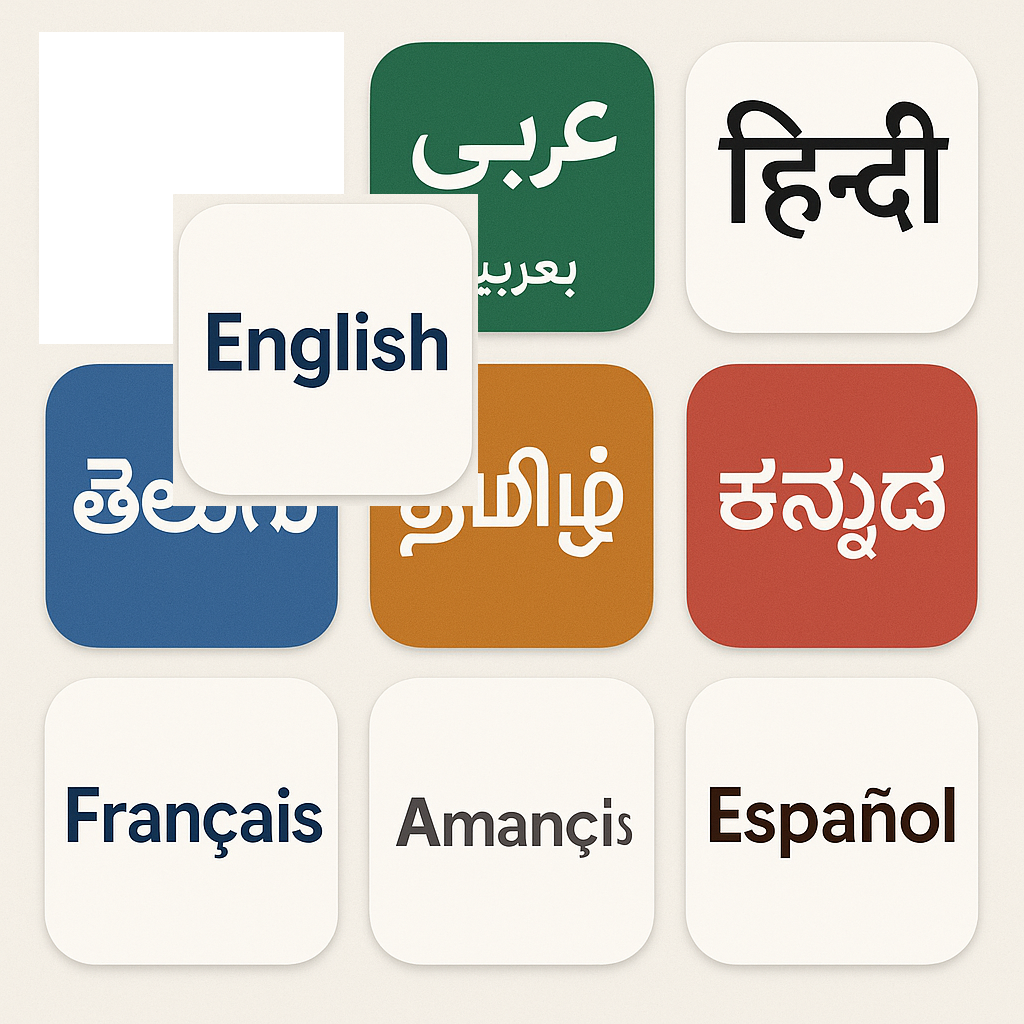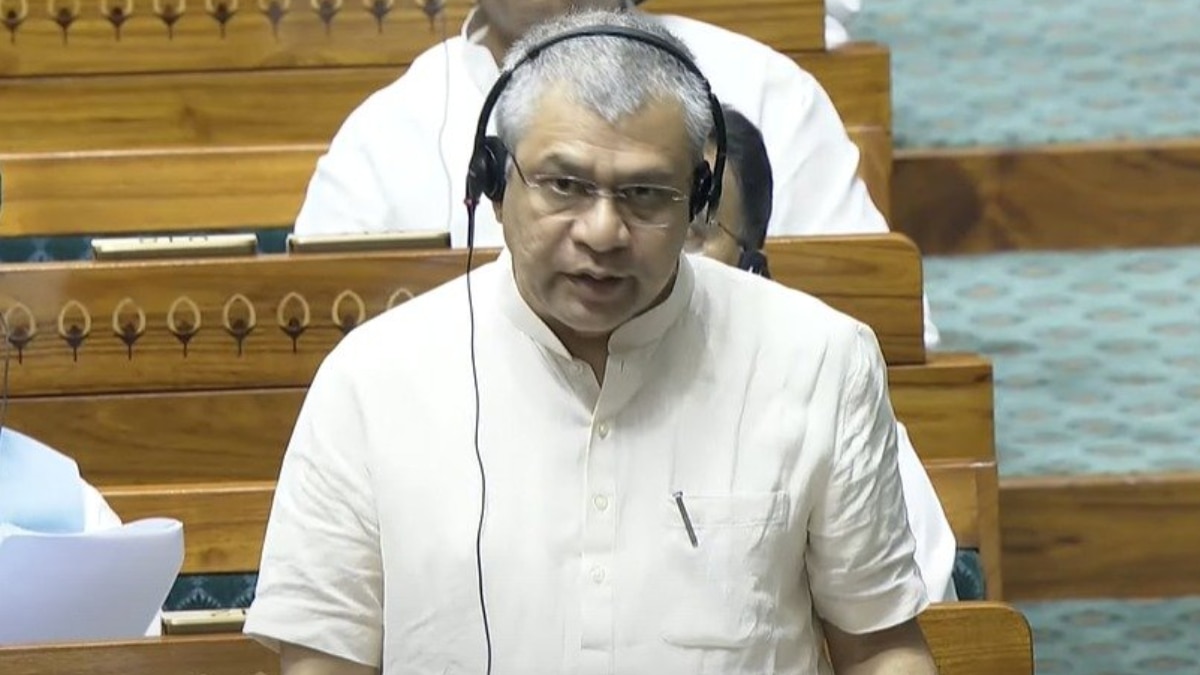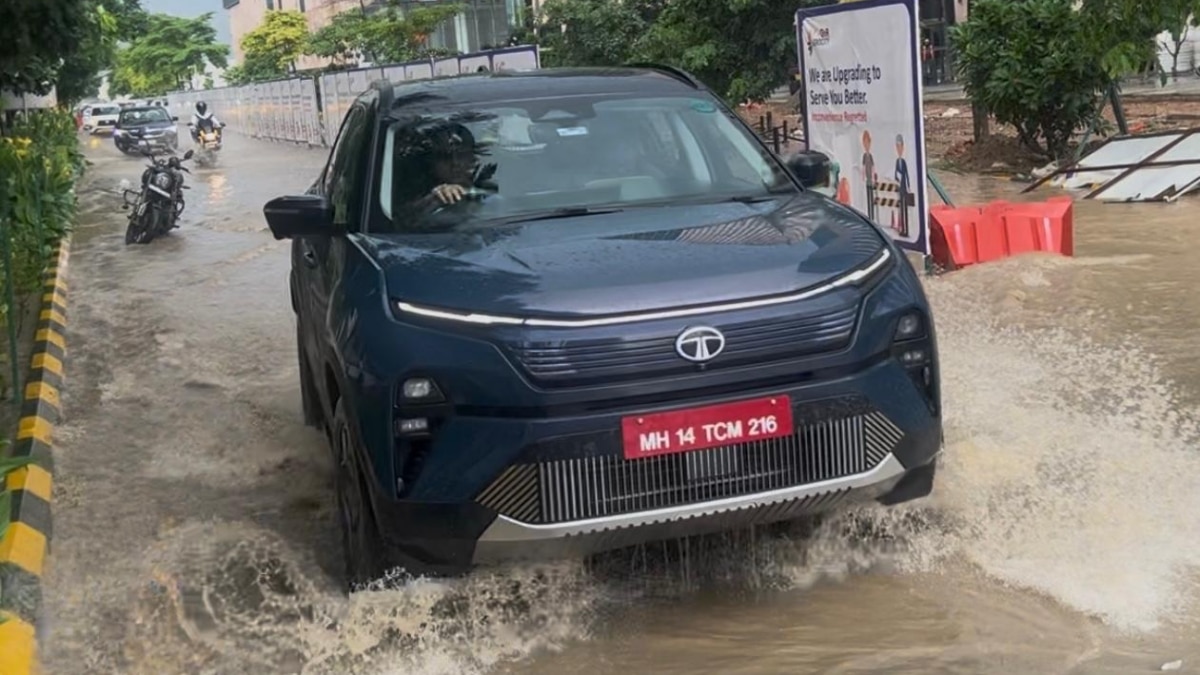Union Minister for Electronics and IT Ashwini Vaishnaw on Wednesday presented the Promotion and Regulation of Online Gaming Bill, 2025, in the Lok Sabha. The proposed legislation seeks to give a structured push to esports, educational games, and social gaming, while placing strict checks on money-based online games.
Esports & Social Games To Be Encouraged
Under the bill, a draft of which was seen by ABP Live, esports will be officially recognised as a legitimate sport, similar to cricket or football.
These competitions are defined as skill-based contests where results depend on a player’s agility, strategy, or mental dexterity rather than chance.
To support this, the Government plans to establish tournaments, training academies, research centres, and incentive schemes to nurture esports talent.
Social games, those created for entertainment, learning, or skill-building without monetary stakes, will also receive policy support. Developers of such games may be registered and assisted, while schools and colleges will be encouraged to adopt them as part of extracurricular learning.
Complete Ban On Online Money Games
The legislation places a blanket ban on online money games, defined as platforms where players must stake money or valuables in the hope of winning monetary or equivalent rewards.
Such games cannot be offered, advertised, or promoted in India. Banks and payment intermediaries are barred from processing transactions for these platforms.
Violations will attract stringent penalties:
- Running money games may lead to up to 3 years in jail or Rs 1 crore fine.
- Advertising or promoting such platforms can invite 2 years in prison or Rs 50 lakh fine.
- Facilitating payments may result in similar penalties as operators.
Repeat offenders will face harsher punishments. In cases where companies are involved, both the organisation and the responsible officials will be prosecuted.
Regulatory Authority And Enforcement
The bill proposes the establishment of a dedicated Online Gaming Authority. The body will classify games, maintain registrations, hear user complaints, and decide whether a game qualifies as esports, social gaming, or an illegal money game.
The authority will be headed by a chairperson and members appointed by the Centre, which will also determine their tenure and salaries.
To ensure compliance, designated officers will have powers to conduct searches, seize equipment, and make arrests without a warrant if an offence is suspected. The law also empowers the Government to block websites, apps, or platforms found violating its provisions.
Importantly, operating or facilitating online money games will be treated as a serious, non-bailable offence.
Supporting 'Good Games'
By splitting online gaming into two categories, “good games” (esports and social gaming) and “prohibited games” (online money games), the Government aims to create a regulatory framework that protects users from gambling risks while promoting skill-based and educational gaming.
Once notified in the official gazette, the law will apply across India and even extend to foreign-based platforms offering money games to Indian players.
With this bill, the Government has sent a strong message: gaming that is about entertainment, learning, and skill will be supported, but platforms enabling betting, gambling, or money stakes will have no place in India’s digital ecosystem.
How Is The Industry Reacting
Industry leaders have largely welcomed the government’s move to regulate online gaming and prohibit real money platforms.
“I welcome the Govt’s decision to prohibit Real Money Gaming & establish a strong regulatory framework. Too many young lives were being lost to addiction & debt," said Vishal Gondal, Co-Founder, nCore Games."This decisive step safeguards our youth while unlocking the future of Indian gaming — driven by original IP, creativity & Make in India games. Together, we can make India a global gaming superpower.”
"For the last two years, the singular demand of the Indian video games industry has been recognition and categorisation as a distinct industry-business, not clubbed with online money games. With the proposed bill, that demand has finally been met, and we thank the Government of India for it," said Outlier Games CEO Harish Chengaiah, who led several policy outreach initiatives for the games industry to the Govt. "That said, I would like to highlight three points for the Government’s attention. First, our business should be categorised as 'video games,' not 'online social games,' to align with globally used terminology. The term 'online social games' is not well understood outside India and may confuse investors."
Deepak Ali, Co-Founder and CEO of Dot9Games, stated, “The Government's decision to provide a strong framework for gaming allows us to nurture original IP that represent and reflect our culture. Just like Indian movies act as cultural soft power, Indian games too can rise to that level. We’re all too happy to be a part of this mission to put India on the global gaming map.”
Meanwhile, Sumit Batheja, CEO and Co-Founder of Krafton-backed startup Ginger Games, noted, “We applaud this decision as it allows us to focus on the ongoing concerns as a business: monetisation, retention, and most importantly, building great IP for India and the world, rather than having to explain to our audiences what we are to begin with.”
Adding to the chorus, Mansoor ‘Nabu’ Ahmed, CEO and Co-Founder of esports and events outfit Aftermath Ventures, remarked, “The focus on esports is welcome as it brings legitimacy to the craft. We applaud this move as it lets players focus on what they do best: performing. While it allows organisations like us to grow and build the next billion gamers.”
"The Promotion and Regulation of Online Gaming Bill, 2025 positions e-sports, social, and educational games as engines of skill, creativity, and economic growth, while taking a decisive stand against online money games that fuel addiction, fraud, and social harm. A dedicated national authority will supervise the sector, ensuring robust governance and responsible gaming practices, while empowering the Government to swiftly shut down illegal platforms," said Ananay Jain, Partner, Grant Thornton Bharat. "Coupled with stringent penalties for operators, advertisers, and financial intermediaries, the Bill creates a framework that is not only enforceable but also forward-looking, balancing innovation, accountability, and player safety in a single, cohesive vision."
Akshat Rathee, Co-Founder and Managing Director of NODWIN Gaming, said, "The Government’s intent to recognise and promote esports, as highlighted in the recent bill, is an encouraging step towards building a structured and globally competitive ecosystem. However, for this vision to truly materialise, it is critical that the terminology used in the bill, particularly the distinctions between esports, online gaming, online social gaming, and online money gaming, be clearly defined and uniformly understood."
Animesh "Thug" Agarwal, Co-founder and CEO of S8UL, called the move historic, stating, "This bill marks a historic turning point for Indian esports. By drawing a clear line between skill-based competitive gaming and betting, it safeguards the integrity of our ecosystem while opening doors for structured growth."
SuperGaming CEO and Co-founder Roby John welcomed the Government’s stance on differentiating esports from gambling-related formats. “We have always focused on growing the esports industry, but the blurred definition of online gaming often puts the video games industry in trouble. With the government now acknowledging this long-pending demand, the video games industry is set to flourish and grow globally.”









